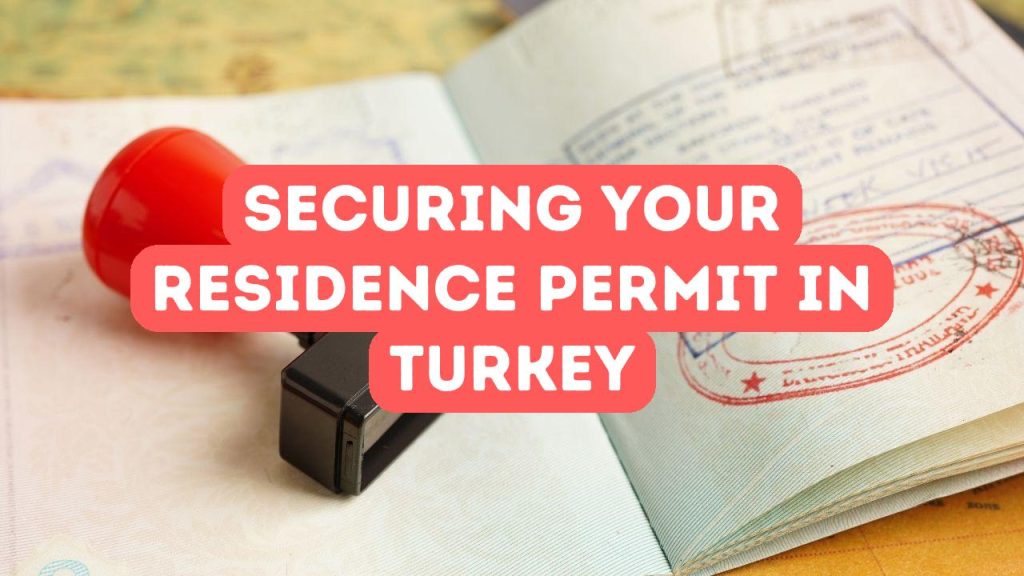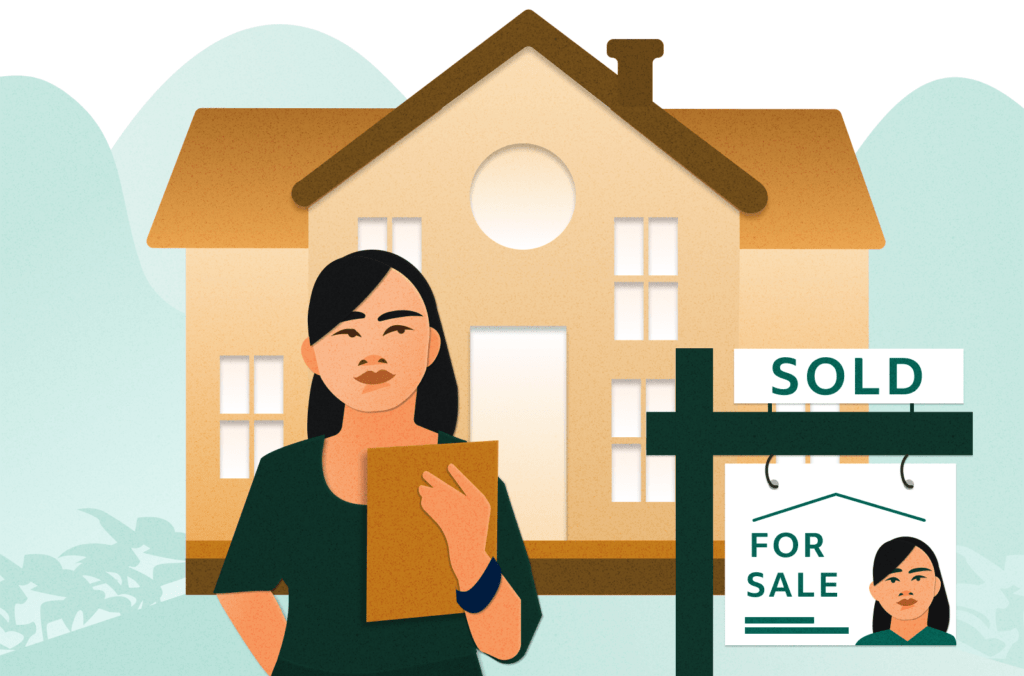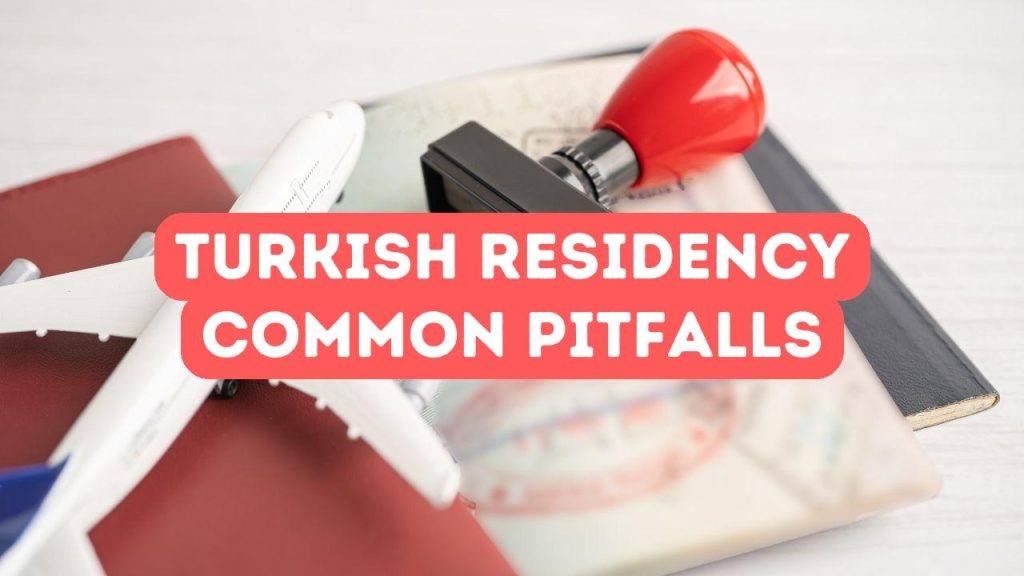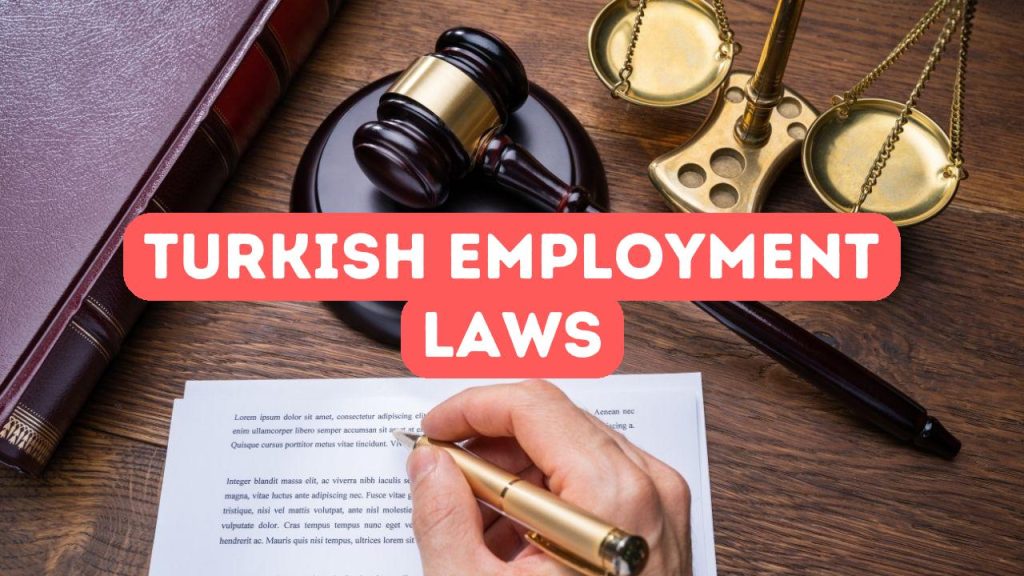Navigating New Responsibilities: Post-Residency Permit Checklist
Upon receiving your residence permit, your initial step should be to familiarize yourself with your new responsibilities and rights as a resident. This means understanding the timeline and requirements for mandatory registrations, such as with local authorities or a nearby police station, which can vary significantly depending on your country of residency. Failure to comply with these early requirements could result in penalties or affect the validity of your residency. Critical to this phase is also acquainting yourself with the local cultural norms and legal frameworks that will inform your daily life. For instance, some locales may have strict guidelines regarding personal conduct, noise levels, recycling policies, or mandatory quiet hours. Adhering to these standards from the outset will facilitate a respectful relationship with your neighbors and establish you as a considerate and law-abiding resident.
Your next priority is securing access to healthcare services, which may necessitate registration with a local healthcare provider or obtaining suitable health insurance coverage, as per the regulations in your host country. Many countries require proof of health insurance to utilize their healthcare systems or as an ongoing condition of your residency. It’s critical to choose a policy that provides adequate coverage and contingency for any particular medical needs you may have. Simultaneously, you should embark on setting up a reliable banking connection by opening a local bank account, which will streamline regular financial transactions such as receiving a salary, paying for utilities, and handling taxes. Understanding the tax system is equally vital, as tax obligations can differ vastly from one country to another, often with strict filing deadlines and potential implications for your income tax status back home, should you neglect these duties.
Finally, integrating into your new community is essential and goes hand in hand with understanding your civic duties. Participate in local events and consider volunteering opportunities as they often serve as gateways to establishing meaningful connections and enhancing your understanding of societal norms and values. Regular interactions with your neighbors and locals will not only enrich your cultural experience but also help you navigate any language barriers and foster a sense of belonging. It’s also wise to stay informed about changes in immigration laws or local regulations that might affect your residency status. Establish a habit of checking in with the immigration office or a trusted legal advisor periodically to ensure that you remain compliant with the ongoing requirements of your residence permit. By doing so, you safeguard your right to reside and flourish within your new community, laying a solid foundation for a prosperous life abroad.
Establishing Your New Life: Essential Actions for Recent Residents
Once your residence permit is in hand, the immediate priority should be to register with the local municipality or an equivalent local authority, as this often triggers the broader integration process into your new surroundings. This registration typically involves confirming your place of abode and may also include arranging for necessary municipal services. Following this, acquiring a tax identification number is crucial, as it underpins your ability to work legally, access social services, and fulfill your fiscal responsibilities within your new home country. It is this attention to legal and bureaucratic details that serves as a bedrock for your new life, ensuring that all forthcoming endeavors, be they professional or personal, rest on firm legal ground.
Upon completion of the preliminary bureaucratic requirements, the next step is to familiarize yourself with the healthcare system and secure medical coverage, as your well-being is paramount. This may involve registering for national health insurance or obtaining private health coverage to meet legal requirements and safeguard access to healthcare services. Additionally, setting up a local bank account will streamline financial transactions, including salary deposits and bill payments, facilitating day-to-day living and helping establish credit in your new country. Both healthcare and financial readiness not only provide peace of mind but are also practical necessities that support a stable and worry-free existence, integrating you further into the economic and social fabric of the community.
With your logistical and bureaucratic obligations addressed, it’s time to engage on a more personal level with your new environment. This involves learning the language, if it’s different from your own, which is invaluable for effective communication and integration into society. Participating in local events and cultural activities can enrich your understanding of the community’s traditions and values. Moreover, building a local support network through friendships, professional associations, and expatriate groups can provide both personal fulfillment and a safety net in times of need. These social investments are the final, yet ongoing steps, that truly cement your place within your new country, turning your residence from a mere dwelling place into a home where you live, work, and belong.
Long-Term Success: Securing Your Future Post-Residence Permit Acquisition
After the initial euphoria of securing your residence permit subsides, it is crucial to prioritize long-term stability by immersing yourself within the financial and legal frameworks of your new country. Set the stage for long-term success by promptly seeking out a thorough understanding of the local taxation system; this critical step will not only ensure that you comply with local laws but also help you to manage your finances effectively, potentially leading to significant savings. Furthermore, exploring the nuances of retirement and investment options available to residents can provide you with the necessary tools to build a secure financial future. This forward-thinking approach sets a strong financial foundation and protects against unforeseen complications that could arise from a lack of planning.
Alongside financial savvy, creating a solid social network is equally important for long-term success in your new country. Engaging with local communities and cultures not only enriches your expatriate experience but also fosters invaluable connections that can assist in both personal and professional development. Consider joining expat groups, attending cultural events, and perhaps even learning the local language if it’s not your first tongue. These activities can help you feel at home and can be a source of support in navigating the intricacies of life abroad. Moreover, establishing a local circle of friends and professional contacts can provide a safety net of resources to turn to for advice or assistance with local customs, laws, and day-to-day challenges.
As you settle into your new life, it’s prudent to periodically review and renew your residence permit as needed, ensuring it remains valid and aligns with any changes in your circumstances or the host country’s regulations. This vigilance is essential to maintaining your legal status and avoiding unnecessary legal complications. Moreover, take the initiative to understand the pathways to permanent residency or citizenship, if that aligns with your long-term goals. Becoming a permanent resident or citizen often provides additional rights and benefits, such as voting or ease of travel, that can further cement your place in the community and enhance your sense of belonging. By actively maintaining your residency status and exploring all the options your host country offers, you create a durable, enriching life abroad that not only fulfills the requirements of the law but also supports your personal and professional aspirations.






